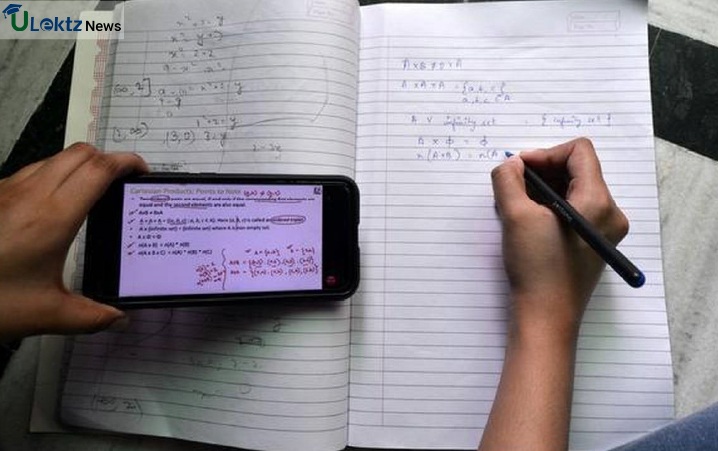New Delhi: Education institutions will have to adjust to the new changes brought in learning after Covid-19 and adopt a blended approach, and teachers will not be the only source of information in the future, according to experts.
Speaking at a private event, Bhushan Patwardhan, Vice Chairman, University Grants Commission, said, “Future universities will have to adjust to the new changes… we have no choice but to adjust with the technological advancements. We cannot go back to the original concept of classroom-only learning.”
Patwardhan believes that “future classrooms could possibly be with social robots” and “teacher will not be the only source of information”.
“Assistant human teachers and social robots will together create a co-bot kind of situation and there will be co-learning. Things like Siri, Alexa and chatbots already exist, making artificial intelligence a part of our lives. This is only going to grow bigger. All the things that we used to think of as science fiction are going to become our new normal in the near future,” said Patwardhan.
‘Blended learning’
The Covid outbreak disrupted education across the world. In India, most schools and colleges were forced to shut down and classes moved online since March 2020. With almost a year of digital learning, experts say adjusting to the new normal is the only choice.
VDO.AI
Ameeta Wattal, principal, Springdales School, Delhi, agreed with Patwardhan and talked about the role of blended learning in schools. “Learning is going to be very different now… blended learning mode is there to stay in a variety of forms. There will be some teachers who will teach students online from home and some others who will take physical classes. Also, for board classes, schools will have to start a real-time assessment in the form of pre-boards. So these are all the changes which have been brought in the teaching-learning and are here to stay,” said Dr Wattal.
Prof. Sudhanshu Bhushan from the National Institute of Educational Planning and Administration (NIEPA) also believes that online learning should be mixed with offline, and students should have a chance to interact with their teachers whenever they need to.
In his report ‘COVID 19 and Higher Education in India‘, published in July 2020, Bhushan said, “In online teaching, teachers should be in continuous touch with the students. Students should have a choice of communication with teachers to clarify the doubt and discuss in an online or offline mode. A complete support system to the students’ needs to be provided in order to ensure accessibility of students to online teaching.”
Even as schools are yet to decide their strategy for the new academic session, many colleges and universities believe that they are getting ready for a “hybrid” model of learning for the academic session 2021-22.
Apart from adopting the blended learning mode, experts also believe the re-opening of schools and colleges is very important. “Even in the UNESCO report, it has been made very clear that you cannot not open schools. You initiate normalcy by reopening schools, we cannot create a fear psychosis and ensure that we do not come back,” Dr Wattal told in a private event.
Schools and colleges across India have started to re-open in a phased manner. While schools in selected states have started calling students of Classes 9-12 for face-to-face sessions, colleges have allowed entry of PhD scholars, final year students and those who want to pursue research, to campuses.








